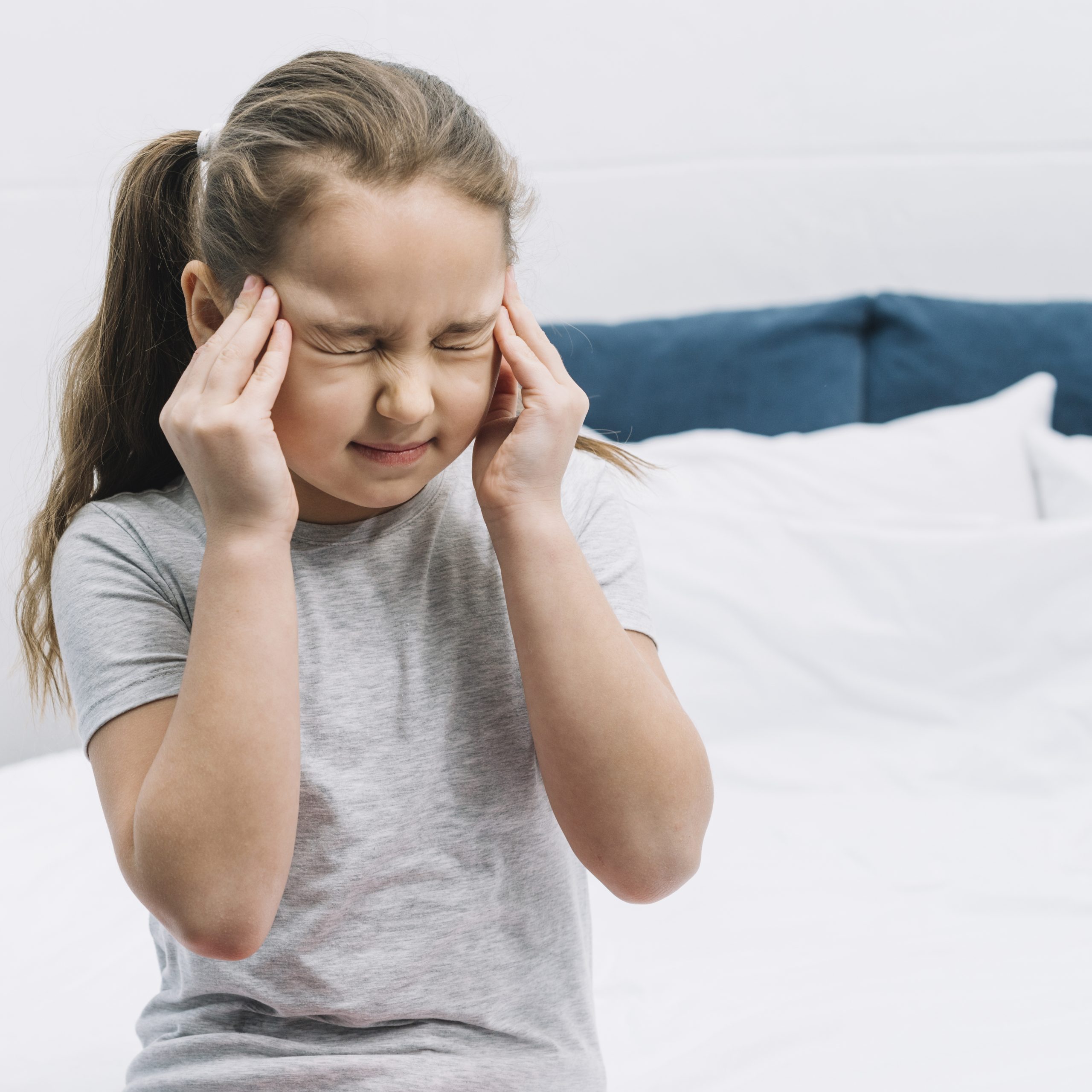

Research published in Critical Care Medicine suggests that a common anesthetic medication may help children who have suffered traumatic brain injuries (TBI) by lowering the pressure inside their skulls. Since its introduction as an anesthetic in the 1970s, the drug ketamine has typically been avoided by TBI patients because preliminary research suggested that it might increase intracranial pressure. (ICP). Other research has emerged more recently, according to the study’s main author, Dr. Michael Wolf, director of neurocritical care at Monroe Carell Jr. Children’s Hospital at Vanderbilt and assistant professor of pediatrics and neurological surgery.
Wolf and his co-authors analyzed data from 33 patients, ranging in age from 1 month to 16 years, 22 of whom received ketamine as part of a treatment protocol based on evidence-based guidelines, in order to reexamine the effects of ketamine on ICP in children admitted to the pediatric intensive care unit (PICU) with severe TBI. In 11 patients who experienced ICP emergencies, 18 ketamine doses were administered, and an overall drop in ICP was seen.
“We found that not only does ketamine not raise ICP, in some cases, but it may also even lower it,” Wolf said. “Children with severe TBI are at risk of dying or having a long-term neurologic impairment, such as difficulty walking and talking. In the crucial days following their initial injury, our focus in the PICU is to minimize ongoing damage to their brains, with a focus on preventing and treating high ICP.”
“Despite decades of research, our treatment options remain limited to a handful of medicines and techniques,” he added. “This study might help open the door to a new use of an old drug that could help us continue to improve our approach to caring for these vulnerable children.”
Wolf said the study the results are “exciting, though preliminary” because ketamine was associated with a reduction in ICP during ICP crises. If the findings are reproduced in a larger study, ketamine may warrant consideration as a treatment for intracranial hypertension in children with severe TBI, he said.
“Going forward, we plan to study the effects of ketamine in larger numbers of children with traumatic brain injury, partnering with colleagues at other children’s hospitals to do so,” Wolf said. “If we are able to improve our understanding of ketamine’s effects in a larger study, we might find that ketamine represents another tool to provide the best possible treatment for children with traumatic brain injury.”
The study results could reverse nearly two decades of thinking related to ketamine and intracranial pressure, according to co-author John C. “Jay” Wellons, III, MD, MSPH, Cal Turner Chair and chief of Pediatric Neurosurgery at Monroe Carell.
“This is a terrific example of what the pediatric neurocritical care effort is capable of,” Wellons said. “Dr. Wolf and his pediatric ICU colleagues not only provide excellent care but also conduct field-impacting clinical research.
“This study alone represents a nearly complete reversal in how we think about the relationship between ketamine and intracranial pressure. The results will likely lead to further studies that I believe will change 20 years of past thinking,” he said.
more recommended stories
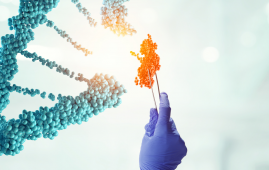 DNA Damage Triggers New Cell Death Pathway
DNA Damage Triggers New Cell Death PathwayTumor cells are killed by chemotherapy,.
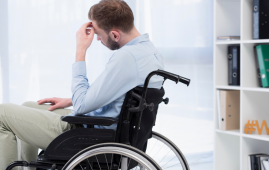 Comorbidities Worsen Sleep Quality in Multiple Sclerosis
Comorbidities Worsen Sleep Quality in Multiple SclerosisComorbidities in multiple sclerosis (MS) are.
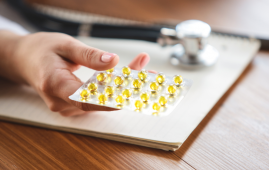 Latitude and Skin Type-Based Vitamin D Guidelines
Latitude and Skin Type-Based Vitamin D GuidelinesIn a recent study published in.
 AOMs Reduce CVD Risk in Obese Medicare Patients
AOMs Reduce CVD Risk in Obese Medicare PatientsObesity is a leading cause of.
 Dopamine Linked to Brain Development in ASD
Dopamine Linked to Brain Development in ASDSummary: A recent study links autism.
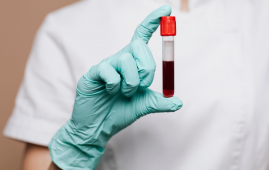 Microplastics in Human Blood: Cardiovascular Risk
Microplastics in Human Blood: Cardiovascular RiskAn investigation disclosed in the esteemed.
 Gene Therapy Offers Hope for X-linked Sideroblastic Anemia
Gene Therapy Offers Hope for X-linked Sideroblastic AnemiaALAS2 gene mutations that are essential.
 Mini Brains: Advancing Alzheimer’s Research
Mini Brains: Advancing Alzheimer’s ResearchIn summary, scientists created microscopic “mini-brains”.
 Inflammatory Bowel Disease Linked to Parkinson’s Disease
Inflammatory Bowel Disease Linked to Parkinson’s DiseaseBoth inflammatory bowel disease (IBD) and.
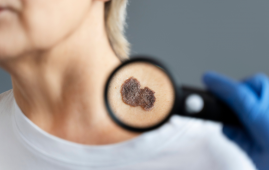 NMSC Skin Cancer: Rhenium-188 as Surgery Alternative
NMSC Skin Cancer: Rhenium-188 as Surgery AlternativeAccording to a recent study published.

Leave a Comment